- Top
- Department List
- Dermatology
/
/

Department List
LIST OF CLINICAL DEPARTMENT
Make a reservation
RESERVE
Dermatology
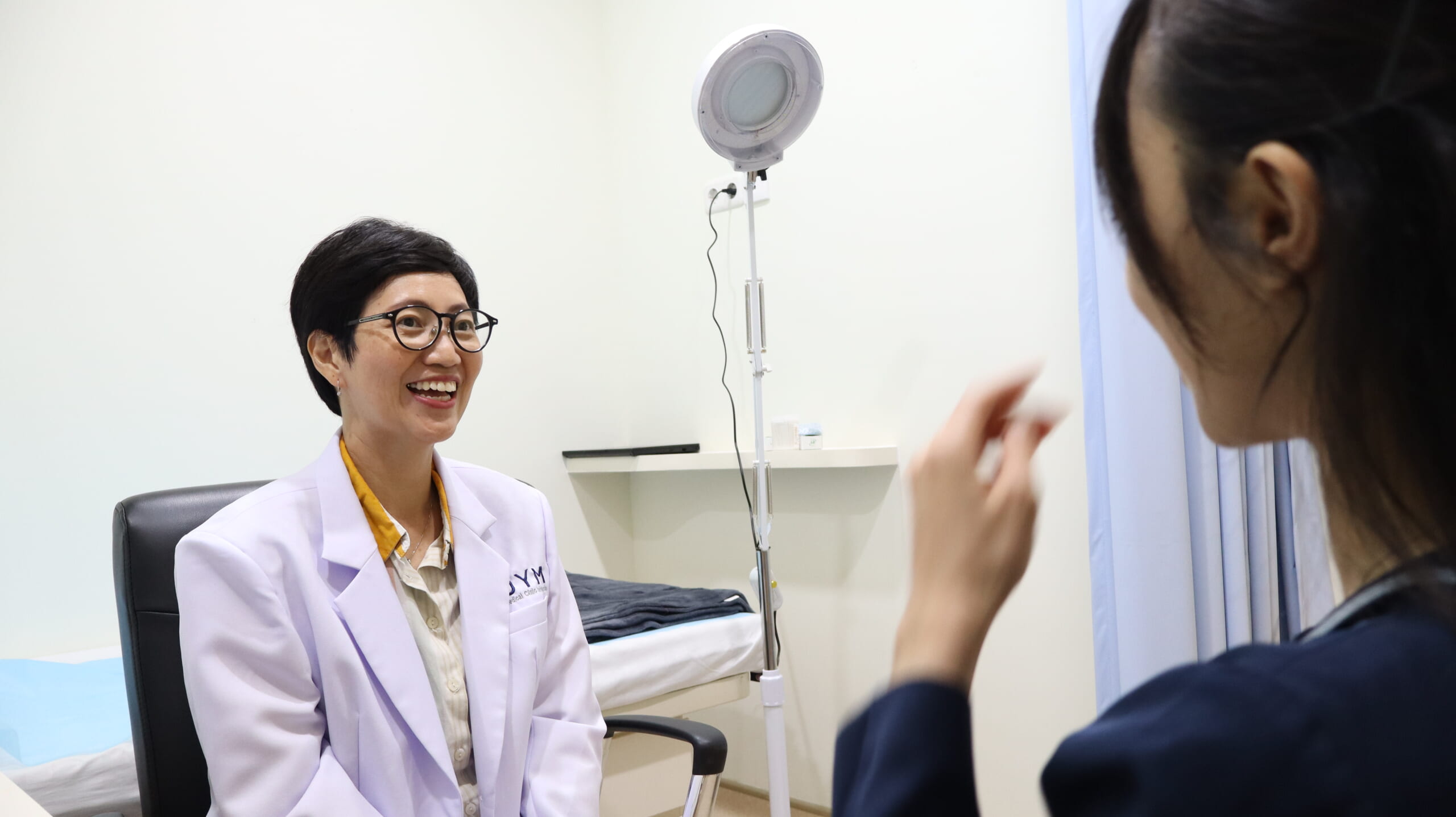
Dermatology
Healthy skin is essential for a comfortable daily life. At our clinic, our dermatologists provide treatment for a wide range of skin conditions, including eczema, atopic dermatitis, acne, infections, warts, and hair loss. In Indonesia, dermatology training includes venereology (sexually transmitted diseases), making dermatologists specialists in this field as well. Particularly in overseas environments, strong UV rays and hot, humid conditions can significantly affect the skin, making proper care crucial. Early detection and treatment are key to managing skin conditions, so if you have any concerns, please consult us as soon as possible.
Common skin diseases
Consultation schedule
Things you should bring
Click here to make an appointment
Common skin diseases
Atopic dermatitis
Atopic dermatitis is a chronic condition characterized by recurring eczema with persistent itching, commonly seen in individuals with allergies. It is influenced by genetic factors, immune system abnormalities, and environmental triggers, while stress and diet can also affect symptoms. Living abroad may worsen the condition due to climate differences and lifestyle changes, making proper skincare and lifestyle management essential. Early treatment and ongoing care are crucial for managing symptoms effectively. If you are experiencing any issues, please feel free to consult us.
Learn more about symptoms and treatment here.
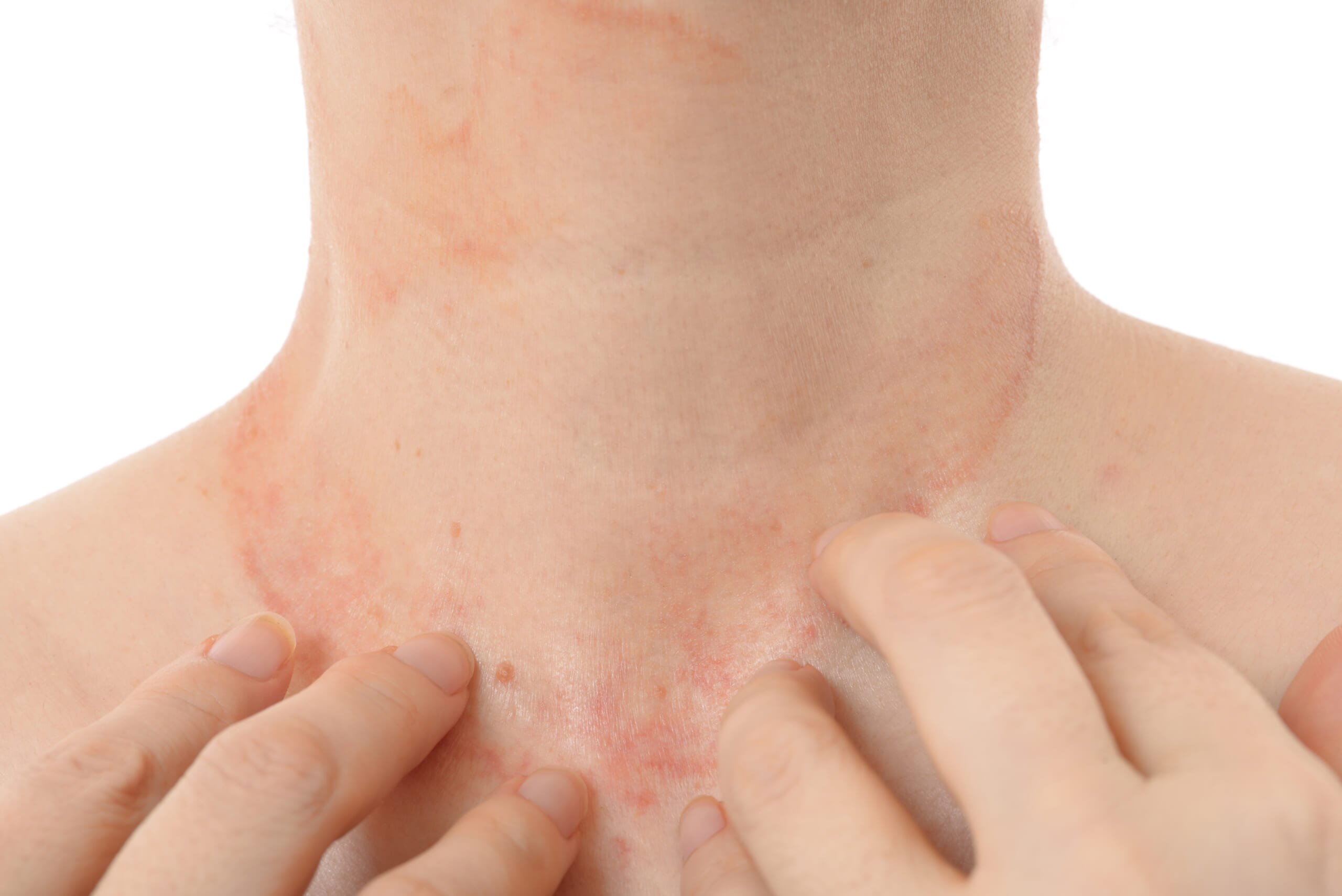
Skin bacterial, viral, fungal infection
Bacterial, viral, and fungal infections can affect the skin, each requiring different treatments. Bacterial infections, such as cellulitis and impetigo, are treated with antibiotics. Viral infections, including herpes and molluscum contagiosum, often rely on antiviral medications or the body’s immune response. Fungal infections, such as athlete’s foot and candidiasis, require antifungal treatments. Environmental factors, hygiene, and immune function play key roles in infection risk. Living abroad may expose individuals to unfamiliar bacteria or fungi, increasing susceptibility. Early diagnosis and proper treatment are essential, so if you have concerns, please consult a specialist promptly.
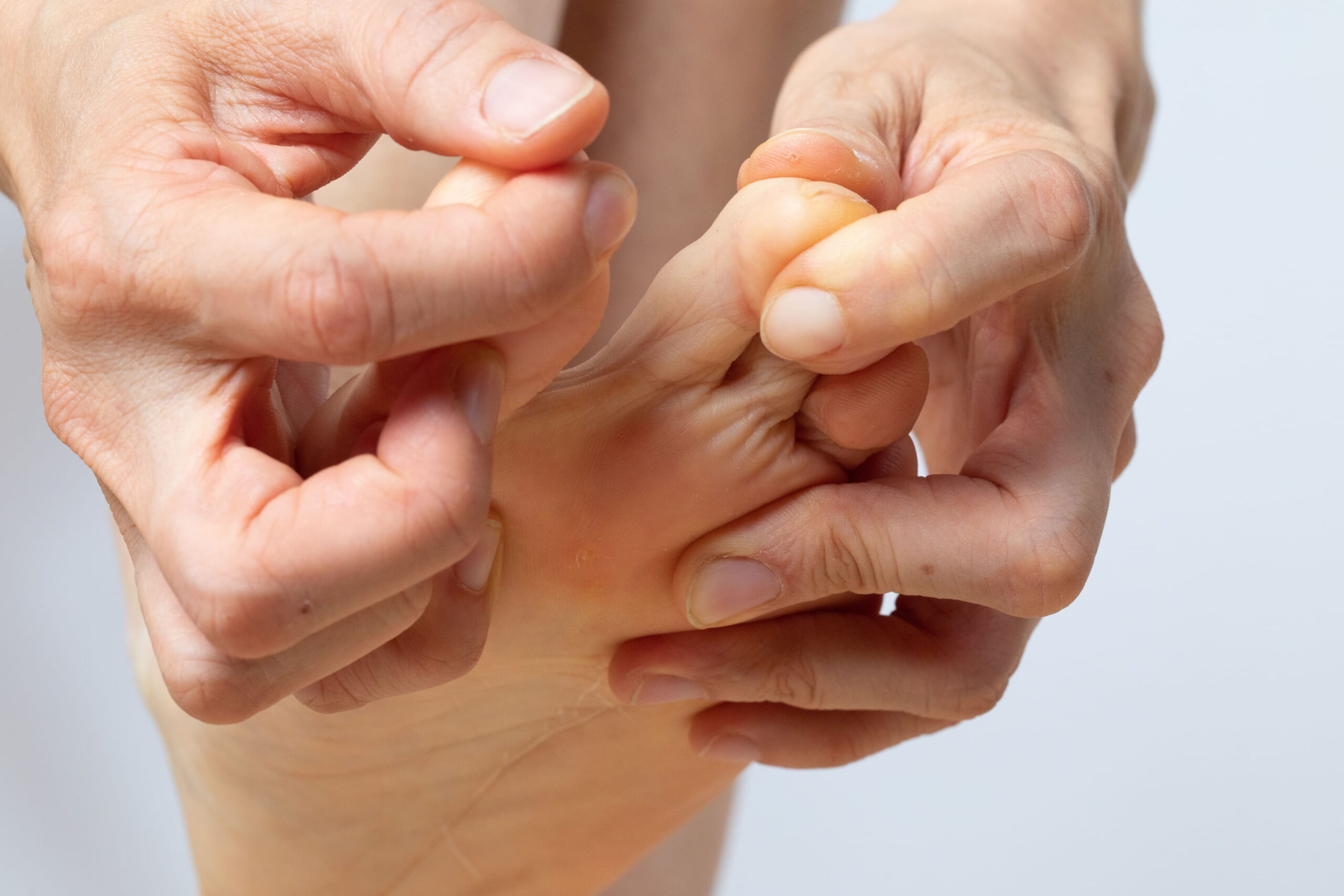
Acne
Acne is a skin condition caused by excessive sebum production, clogged pores, and the proliferation of acne-causing bacteria. It is influenced by hormonal changes, stress, and diet, and can occur not only during adolescence but also in adulthood. Living abroad can exacerbate acne due to differences in climate, water quality, and dietary habits, making proper skincare essential. If left untreated, inflammation may worsen, leading to permanent acne scars. Early intervention is recommended to prevent long-term skin damage and maintain healthy skin.
Learn more about symptoms and treatment here.
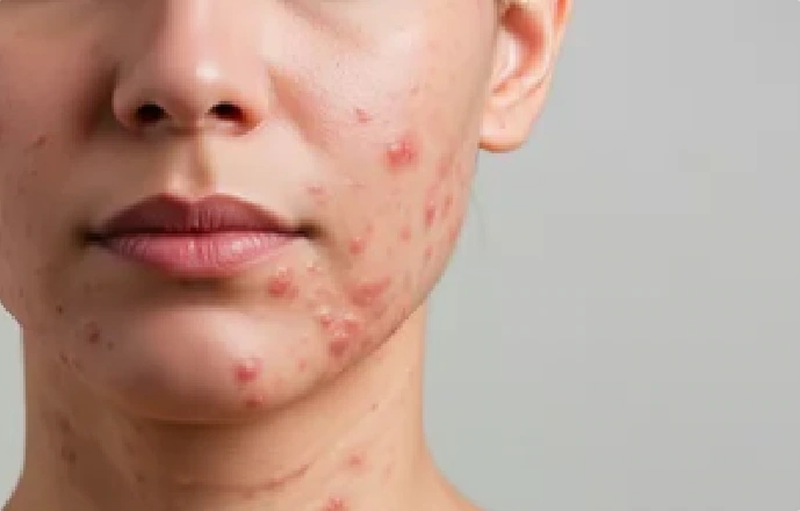
Wart
Warts are small skin growths caused by infection with the human papillomavirus (HPV), commonly appearing on the hands, feet, and face. While usually harmless, they can spread or become painful. Infection often occurs in places with high human traffic, such as pools and gyms, requiring caution. Living abroad may disrupt immune balance due to environmental changes, increasing susceptibility to warts. If you notice any concerns, it is advisable to seek medical consultation early for proper diagnosis and treatment.
Learn more about symptoms and treatment here.
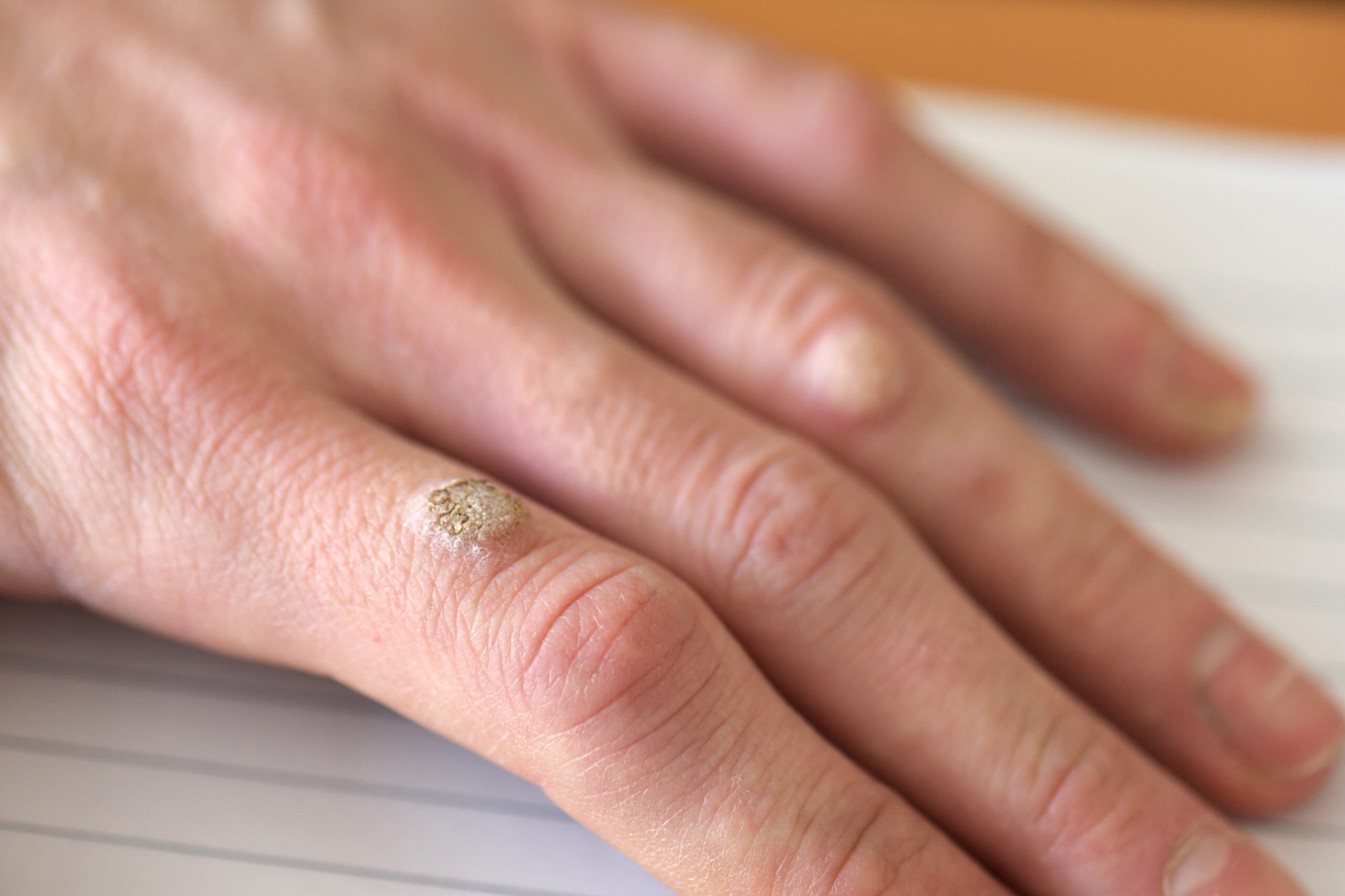
Calluses
Calluses are areas of thickened and hardened skin that develop in response to repeated friction or pressure, commonly found on the soles of the feet or palms of the hands. They are usually harmless and painless, but may cause discomfort or pain when located in areas with significant pressure. Ill-fitting shoes, long periods of walking, or certain sports can often be the cause. Environmental changes and differences in footwear during overseas living may also contribute to their development. While calluses may improve on their own, it is recommended to consult a dermatologist if they become bothersome.
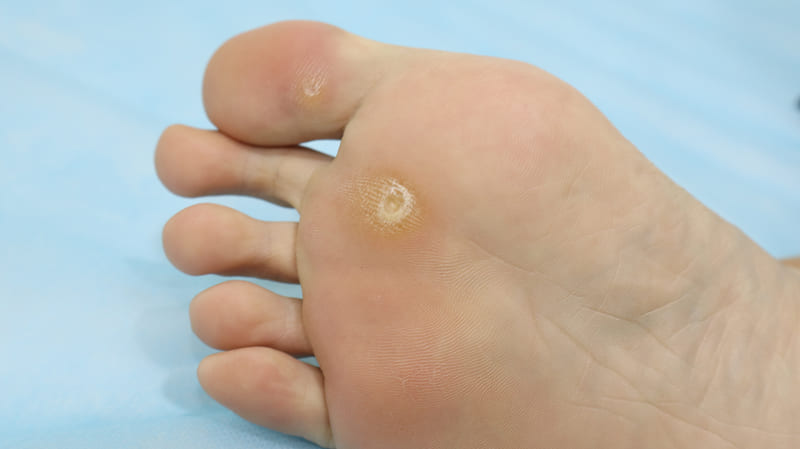
Urticaria
Urticaria, commonly known as hives, is characterized by sudden red, raised welts on the skin accompanied by intense itching. It is often triggered by allergic reactions, stress, or temperature changes and typically disappears within a few hours to a day, though it can become chronic. Food, medications, or infections may also be causes, and in some cases, the exact trigger remains unknown. Living abroad can increase the risk due to dietary and environmental changes. If symptoms persist, it is advisable to consult a specialist for proper evaluation and treatment.
Learn more about symptoms and treatment here.
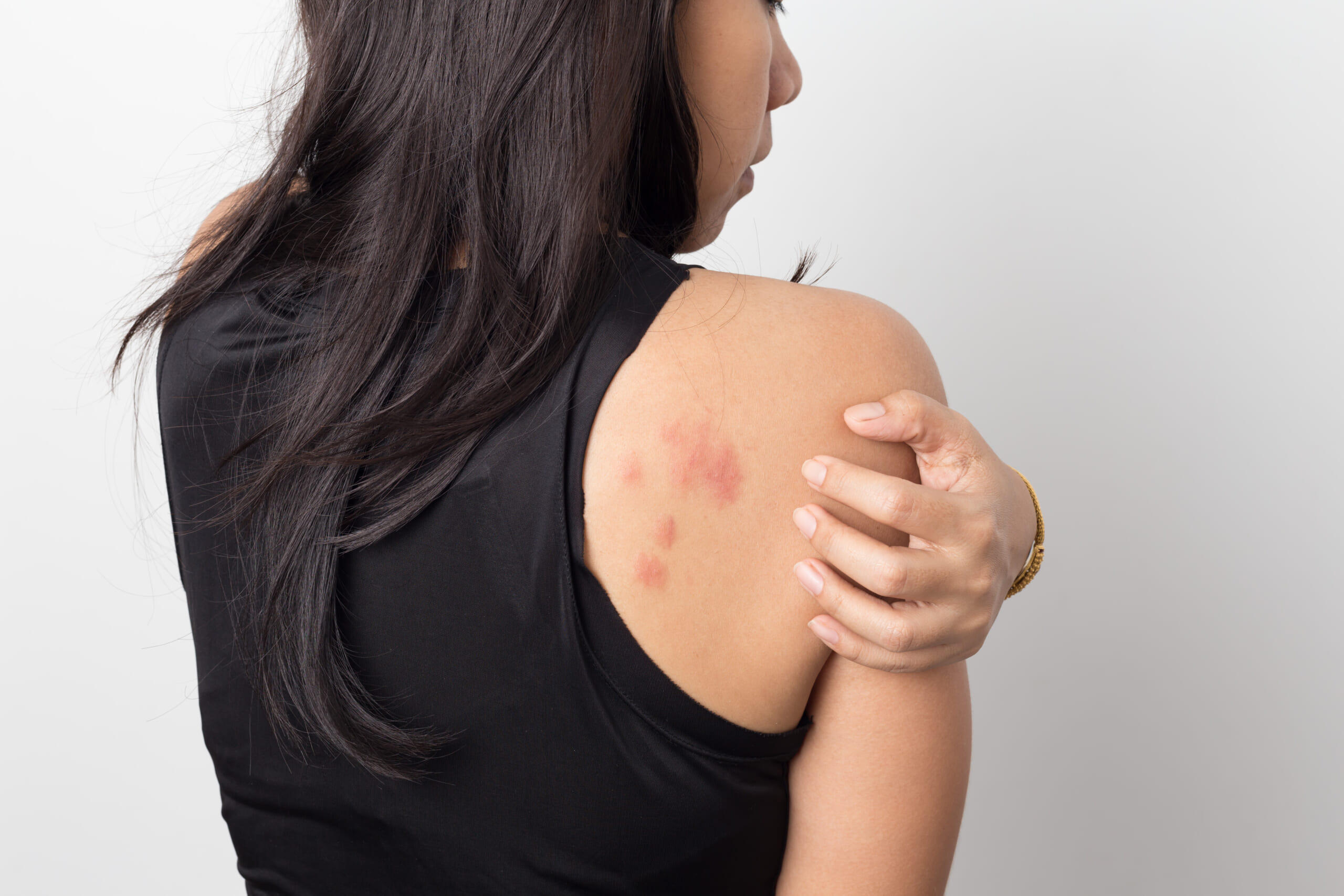
Xerosis (dry skin)
Xerosis (dry skin) is a condition where the skin lacks moisture and sebum, leading to roughness and itching. It is often caused by dry winter air, prolonged bathing, or reduced sebum production due to aging. In severe cases, the skin may crack or develop eczema. Living abroad can further aggravate the condition due to differences in climate and water quality. Regular use of moisturizers and gentle skincare routines is essential to maintaining skin health. If symptoms persist, seeking professional medical advice is recommended.
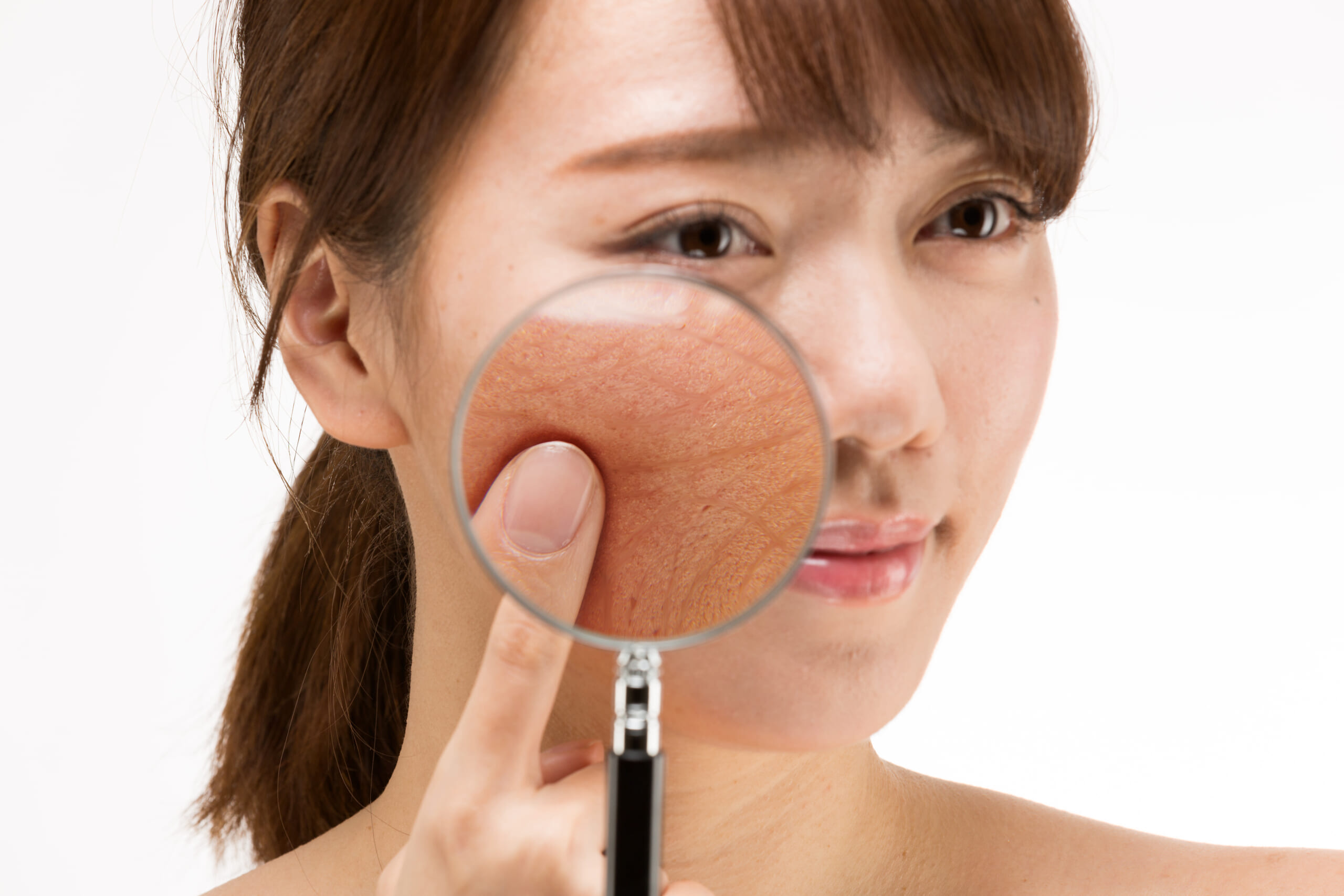
Alopecia, alopecia areata
Alopecia is a condition characterized by abnormal hair loss, caused by factors such as aging, hormonal changes, stress, or autoimmune disorders. Among its types, alopecia areata occurs when the immune system attacks hair follicles, leading to sudden, coin-shaped bald patches. In severe cases, multiple patches may form, or hair loss may spread across the entire body. Living abroad can disrupt immune balance due to environmental and dietary changes, increasing the risk of hair loss. If you experience unusual hair loss, seeking early consultation with a specialist is highly recommended.
Learn more about AGA here.
Learn more about Alopecia Areata here.
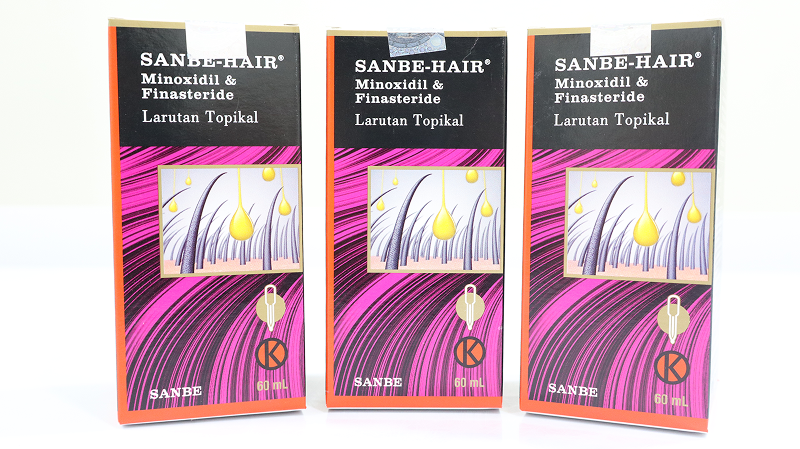
Keloid
Keloids are raised scars that result from excessive wound healing, often forming after injuries, surgeries, or acne. Unlike normal scars, they tend to expand beyond the original wound and may cause redness, itching, or pain. Some individuals are more prone to developing keloids, particularly on the chest, shoulders, and earlobes. Environmental factors such as UV exposure and climate changes can worsen symptoms, especially when living abroad. Treatment options include steroid injections, laser therapy, and surgical removal, with early intervention being crucial. If you have concerns, consulting a specialist is recommended.
Learn more about symptoms and treatment here.
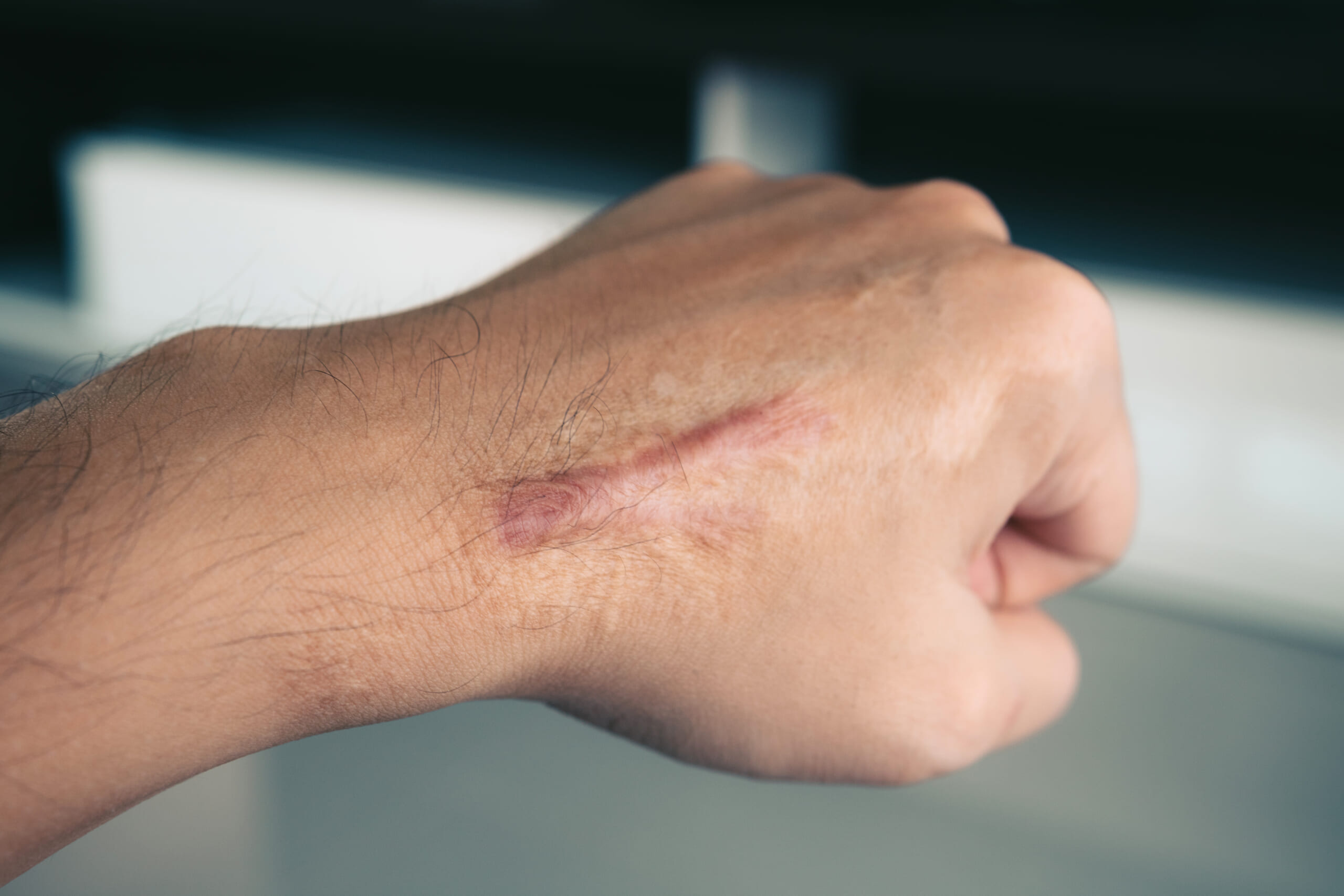
Dandruff
Seborrheic dermatitis is a chronic skin condition characterized by redness, itching, and flaking in areas with high sebum production, such as the scalp, face, ears, and chest. It is caused by abnormal sebum secretion and the overgrowth of Malassezia, a type of fungus. Stress, lifestyle imbalances, and seasonal changes can worsen symptoms, while differences in climate and water quality abroad may also have an impact. Treatment typically involves antifungal medications and topical steroids, along with proper skincare and lifestyle management. If symptoms persist, consulting a specialist is recommended.
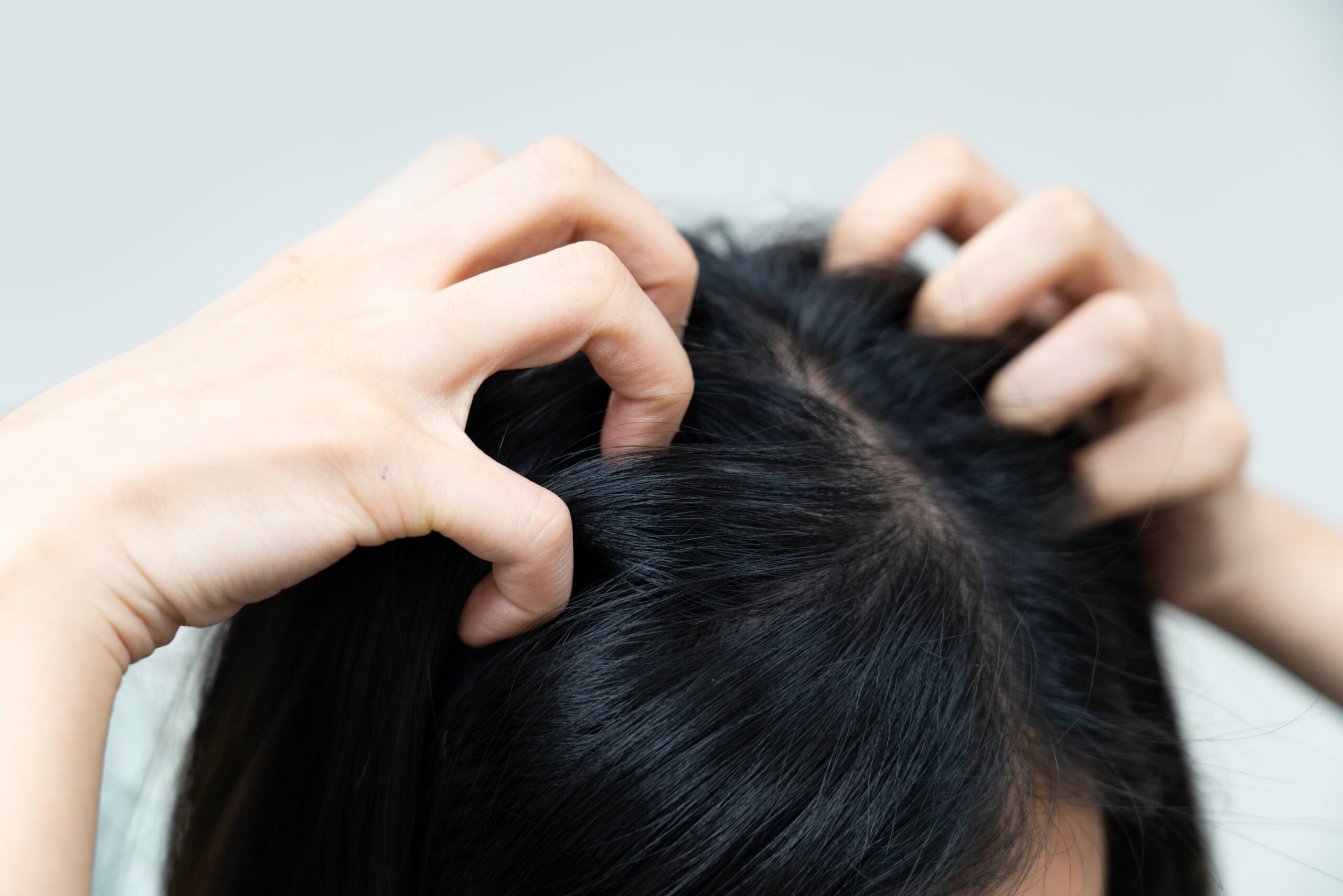
Q&A
Consultation schedule

| Consultation schedule | Mon | Tue | Wed | Thu | Fri | Sat | Sun | Hol |
|---|---|---|---|---|---|---|---|---|
| 8:00~12:00 | - | - | - | - | - | 〇 | - | - |
| 13:00~18:00 | - | 〇 (13:00~17:00) |
- | - | - | - | - | - |
Barang Bawaan

Bukti Identitas
KTP

Asuransi Kesehatan (bentuk formulir maupun kartu)
Bagi yang melakukan pembayaran dengan asuransi

Formulir diagnostik
Harap membawa dokumen apa pun yang memerlukan tandatangan dokter.

Buku Catatan Obat atau pengobatan saat ini.
silahkan membawa obat yang sedang anda gunakan saat ini. (Opsional)
Department List

Access
Access

Menara Astra, Lantai 3, Jl.
Jenderal Sudirman, Kavling 5-6,
Karet Tengsin, Tanah Abang,
Kota Administrasi Jakarta Pusat,
Provinsi DKI Jakarta, 10220


 appointment
appointment  Access
Access
 +62 21 8665 6830
+62 21 8665 6830 